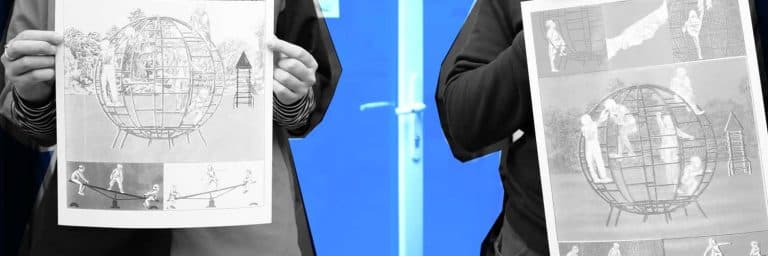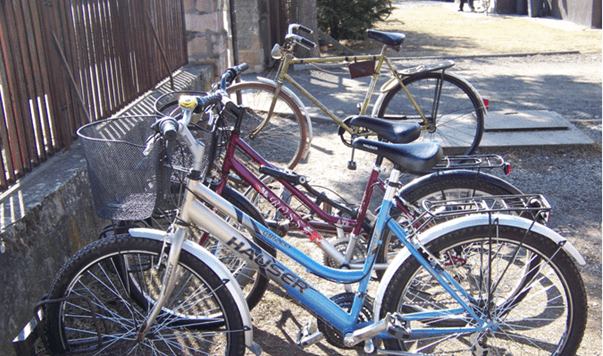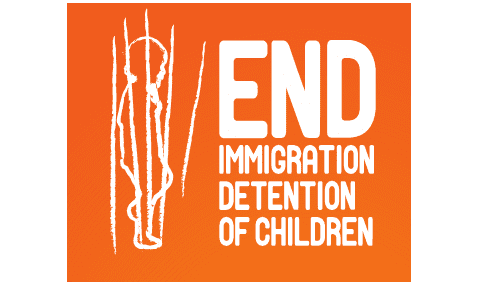
European Database of Asylum Law (EDAL)
The project is about to create a multilingual online database of case summaries interpreting refugee and asylum law of 17 EU Member States.

The project is about to create a multilingual online database of case summaries interpreting refugee and asylum law of 17 EU Member States.

The HHC, the HCLU and the EKINT claim that the preliminary and obligatory registration for voting has no legitimate aim and thus it is arbitrary,

Appl. no. 13058/11

Last year the Government introduced fundamental changes to the judicial system. Although 30 separate provisions of the relevant regulation were amended in response to the serious concerns raised by the Venice Commission (VC), the organization of the judicial system remains centralized and still endangers the independence of the judiciary and the fairness of court proceedings – according to the Eötvös Károly Institute, the HHC and the HCLU.

NGOs turn to the Council of Europe’s Committee of Ministers concerned that the Hungarian Government discontinued the membership of Jenő Kaltenbach in ECRI.

On 25/9/2012, NGO representatives shared their views with the delegation of the European Parliaments’s LIBE committee concerning the Hungarian legal developments relevant from the perspective of fundamental European principles and values.

Police again fail to properly qualify cases as racial violence. Instead of investigating racial motives and considering recent incidents in Cegléd, violence against a member of a community, focuses on simple rowdyism.

On 23 December 2011, MPs and activists of the opposition party Politics Can be Different (Lehet Más a Politika, LMP) formed a human chain around the Parliament, chaining themselves to objects at the entrance of … Read more

In July 2012 the HHC submitted an application to the European Court of Human Rights in a case of a 50-year old truck driver with clear criminal record. In 2011 the driver was assigned to … Read more

The Hungarian Government commented on the draft opinion of the Venice Commission regarding the new Hungarian Act on the Constitutional Court. The HHC, the HCLU, and the Eötvös Károly Institute outlined and assessed the reactions of the Government.

HHC assists 105 judges to file complaints at European Court of Human Rights over mandatory retirement.

The HHC’s client was transferred two times to the Judicial and Observation Psychiatric Institute (IMEI) while being in pre-trial detention, since in the respective penitentiary institution’s view he was dangerous to himself. In the IMEI, … Read more

We asked the Minister how his letter sent to the President of the Curia, in relation to the judgment in the Cozma-case, can be reconciled with respecting the independence of judges and also about his concept of rule of law in light of the debated governmental steps taken during the last two years.

The aim of the conference organised by the HHC and the MDAC was to prepare Hungary for the operation of the body monitoring the treatment of persons deprived of their liberty established in the framework of the OPCAT.

The Hungarian Government failed to provide adequate legislative response to the Venice Commission’s criticism on judicial reform

The notary of the village Rimóc (Northern Hungary) noticed that petty offence fines for lack of mandatory accessories for bicycles (ring, headlights, reflector prisms) are almost exclusively imposed on Roma people in the area, although … Read more

On 20 April 2012, Hungarian Minister of Justice and Public Administration, Mr. Tibor Navracsics submitted to Parliament a draft Parliamentary Resolution not to execute the judgment of the European Court of Human Rights (ECtHR) taken in the case of Fratanolo v Hungary.

The Budapest Police's decision to ban Budapest Pride 2012 march, citing obstruction of traffic, not only breaches marchers' right to freedom of assembly, but is also severely discriminatory. The Budapest Pride march is scheduled to … Read more


Every day, around the world, tens of thousands of children, many of them unaccompanied minors, are deprived of their freedom and are locked up simply because they do not hold the right documentation. Children are often detained after fleeing abuse, poverty and war. This growing practice by governments has a devastating effect on the physical, emotional and psychological development of children and must be stopped.